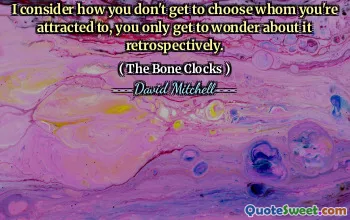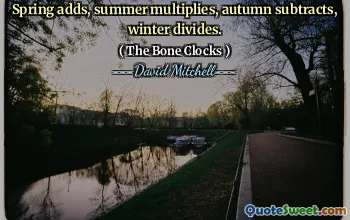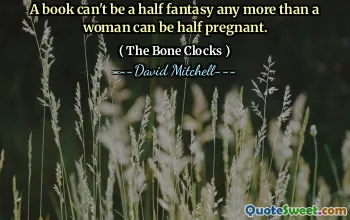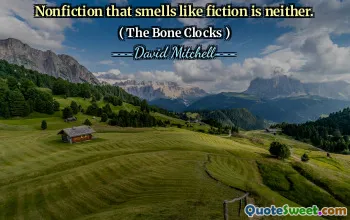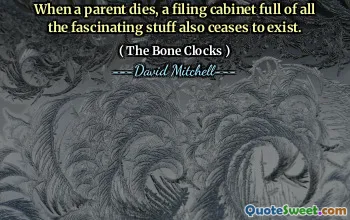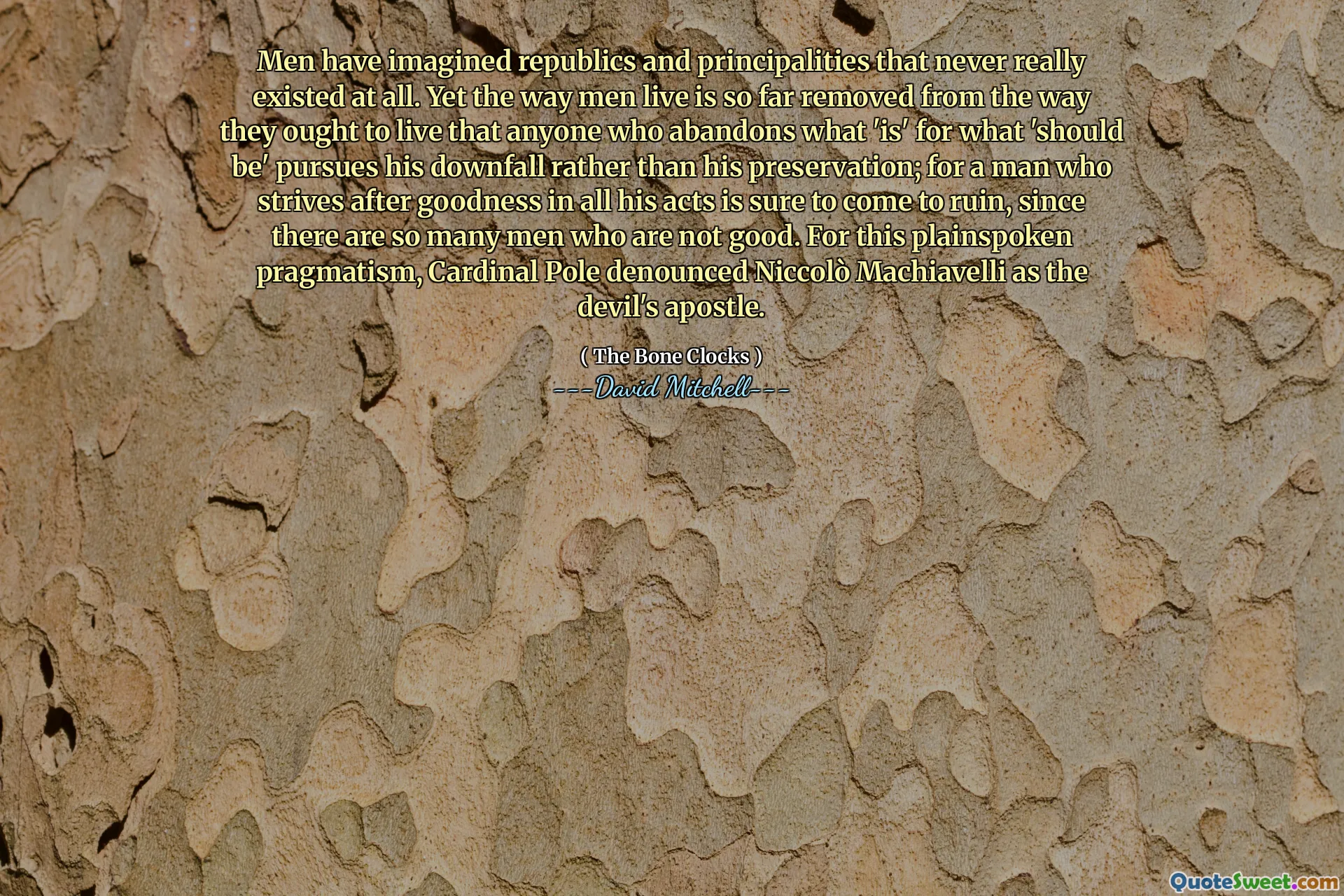
Men have imagined republics and principalities that never really existed at all. Yet the way men live is so far removed from the way they ought to live that anyone who abandons what 'is' for what 'should be' pursues his downfall rather than his preservation; for a man who strives after goodness in all his acts is sure to come to ruin, since there are so many men who are not good. For this plainspoken pragmatism, Cardinal Pole denounced Niccolò Machiavelli as the devil's apostle.
The text discusses the contrast between idealized government systems that people envision and the reality of human behavior. It suggests that humanity often deviates significantly from how it should ideally operate. Those who forsake the current state of affairs for unattainable ideals may ultimately face failure. This perspective emphasizes the challenges of striving for goodness in a world filled with individuals who act contrary to such ideals.
Cardinal Pole's denunciation of Machiavelli as the "devil's apostle" highlights the tension between philosophical ideals and practical governance. It underscores a belief that the pursuit of virtue often leads to downfall in an imperfect world, where many lack the same moral aspirations. This reflects a broader commentary on human nature and the complexities inherent in political thought.
